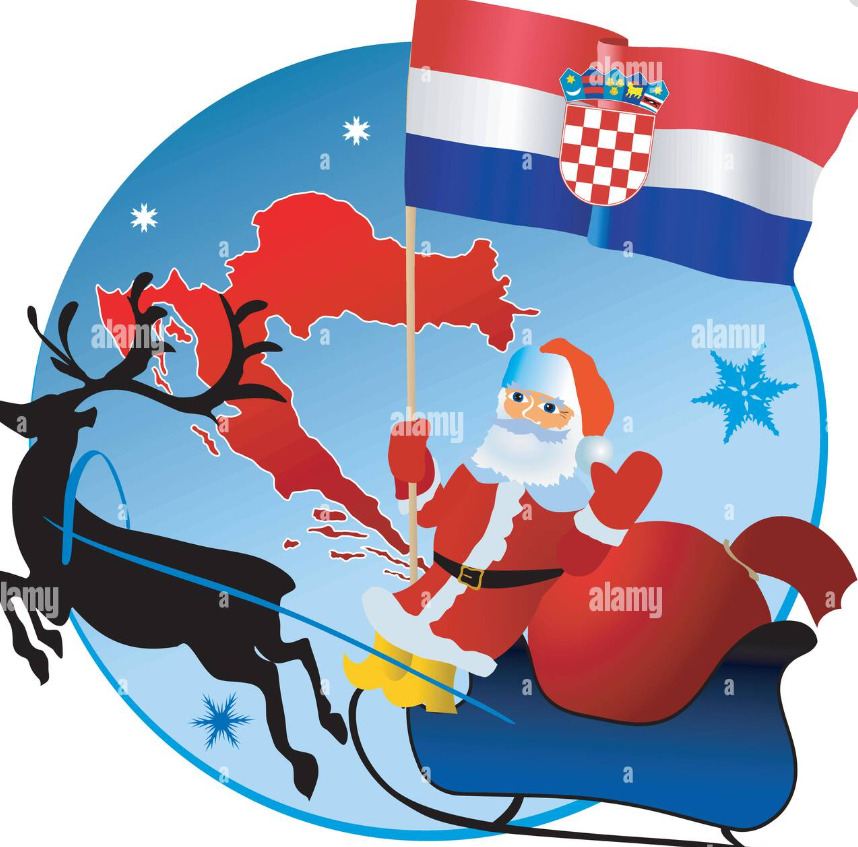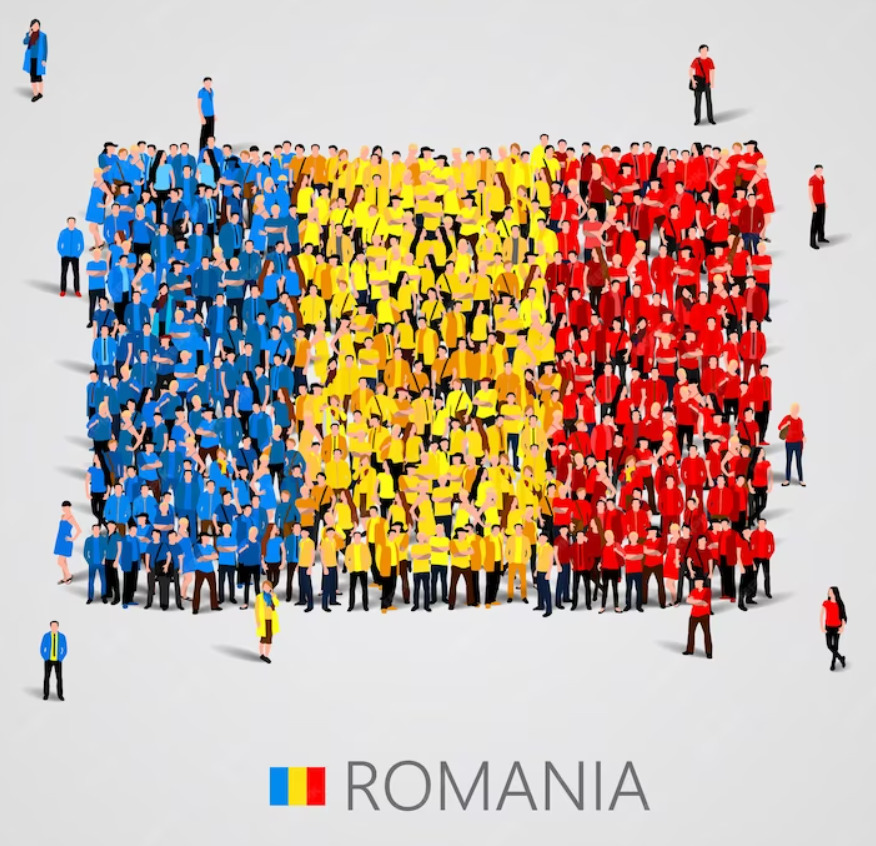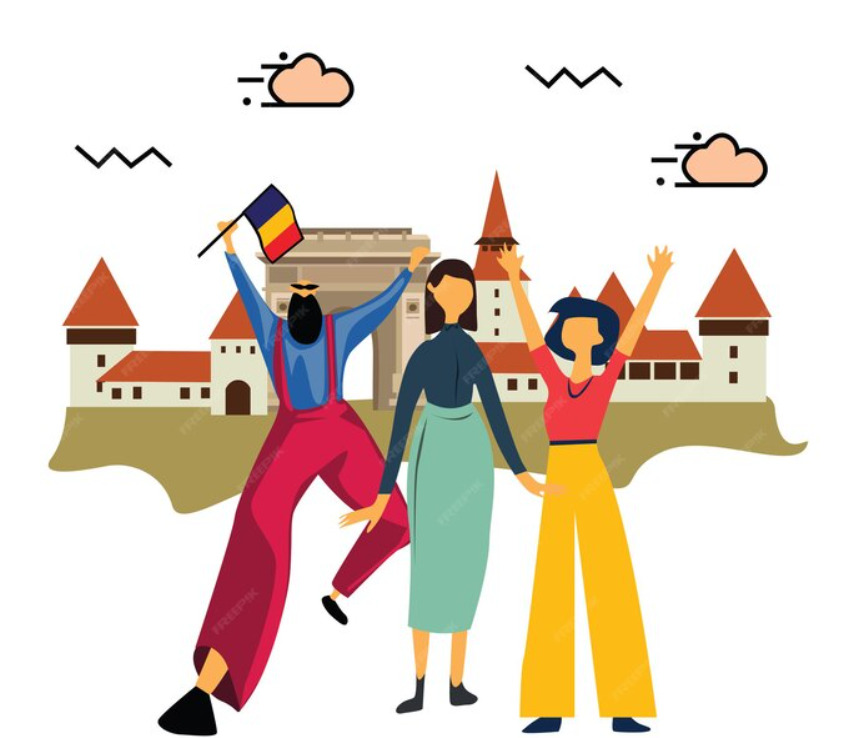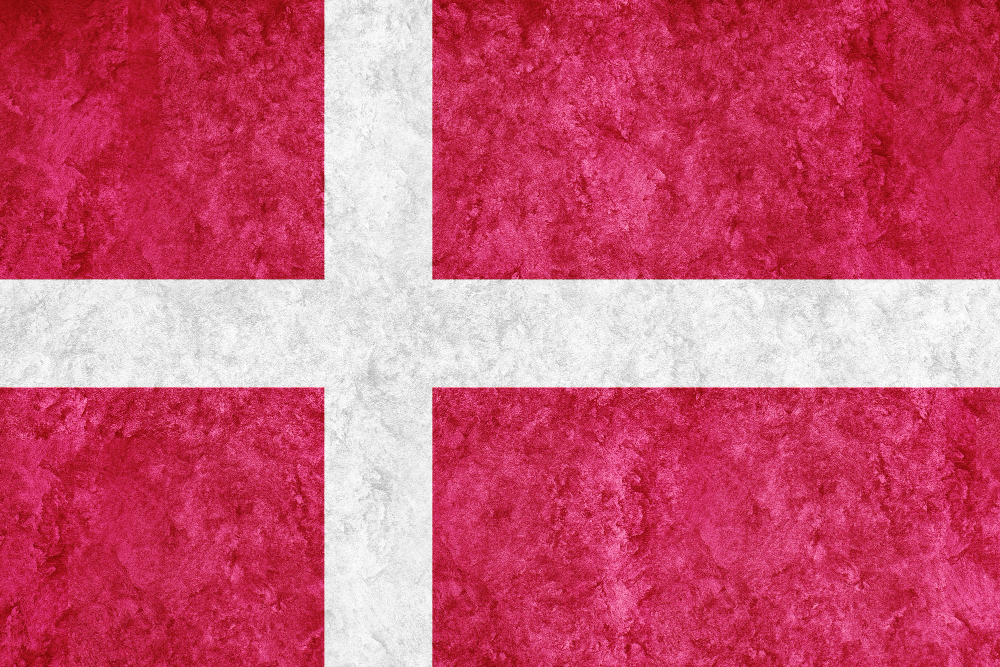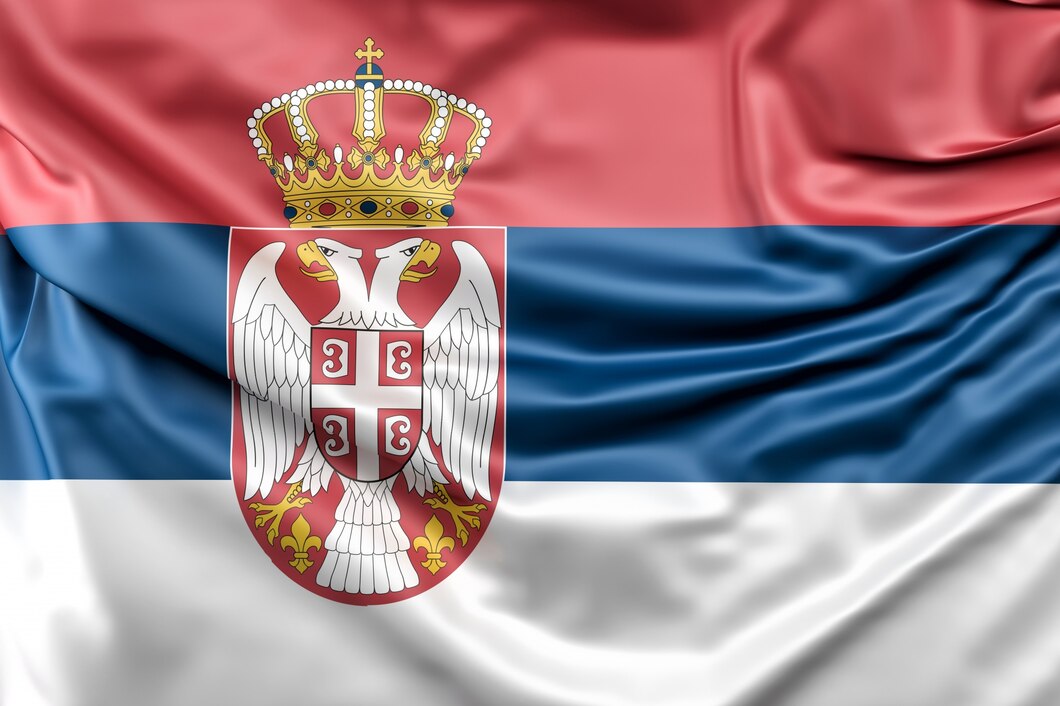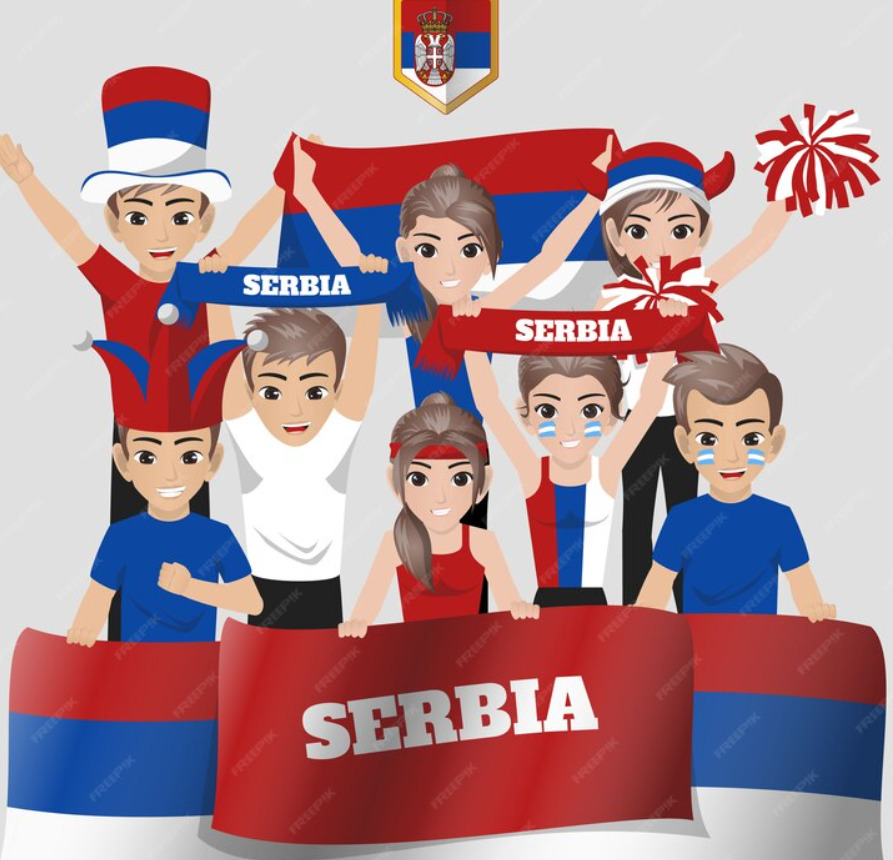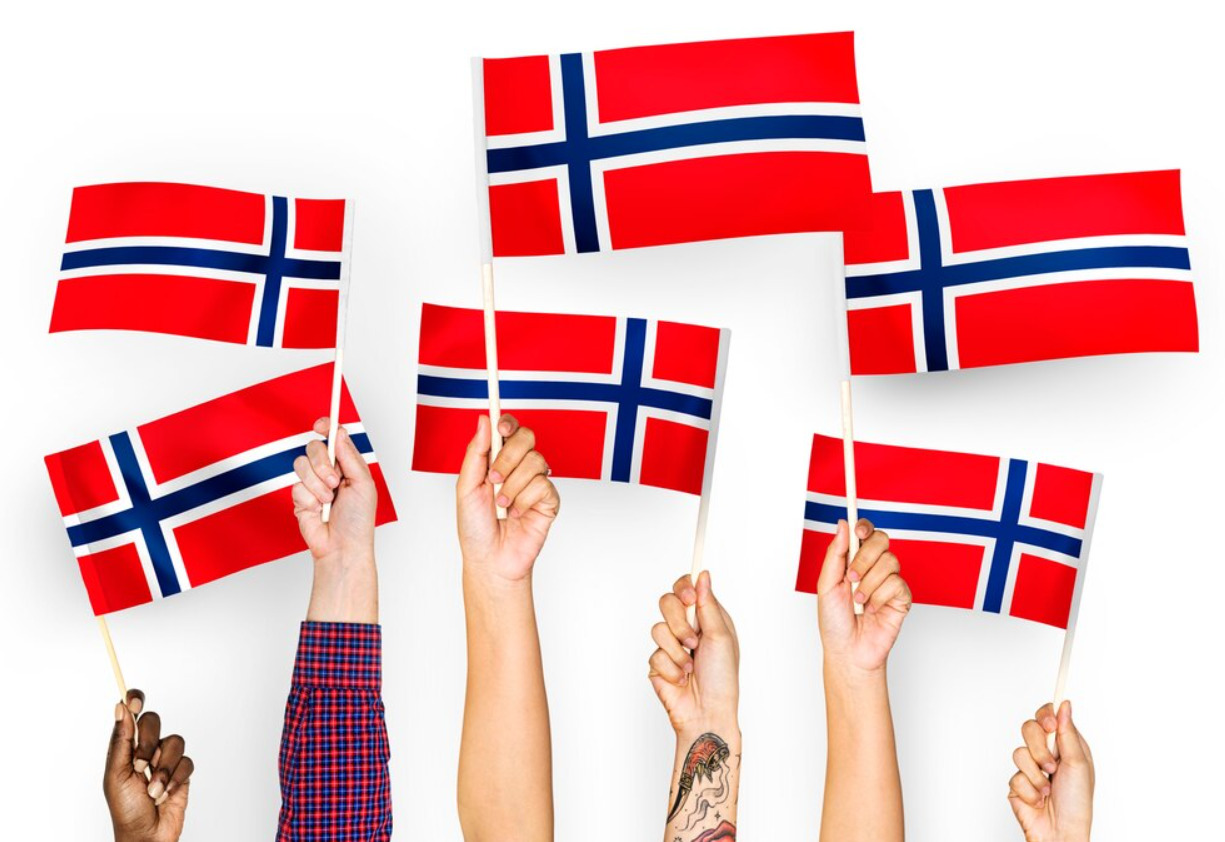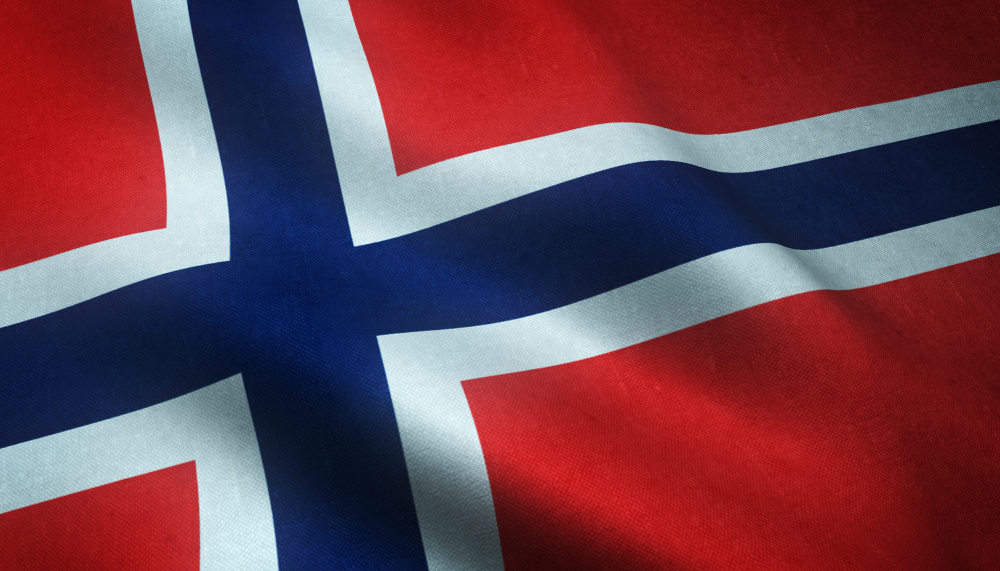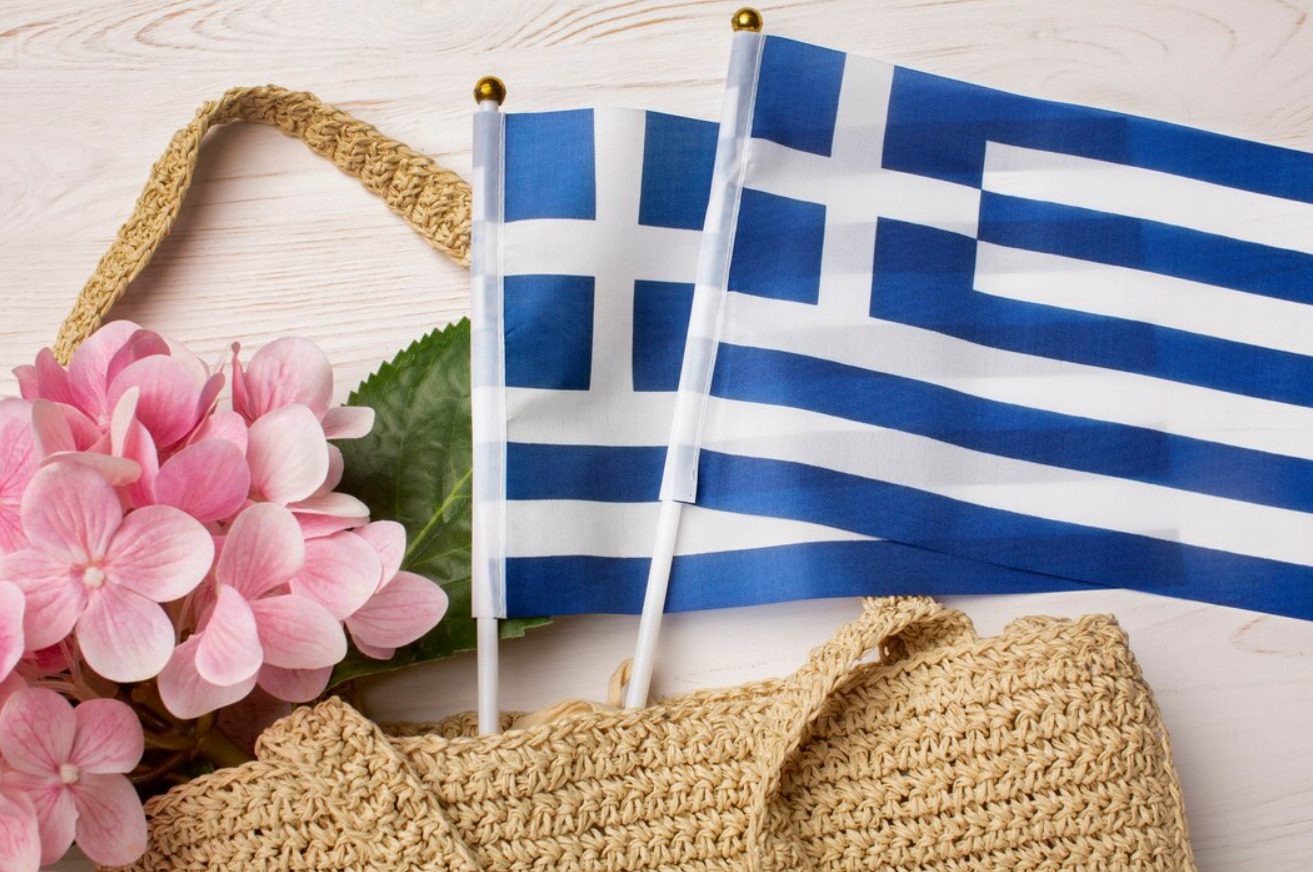Long weekends in Washington State offer workers a valuable opportunity to take a break from daily responsibilities, recharge, and spend time with family and friends. Supported by both federal and state holidays, these extended weekends promote better work life balance, reduce stress, and enhance overall well being.
For employers, planning ahead for these holidays is key to maintaining productivity while giving employees the rest they need to return refreshed and motivated. Below is an overview of Washington’s long weekends for 2026, including the dates and the significance of each.
Washington Long Weekends 2026
-
New Year’s Day: Wednesday, Dec 31, 2025 – Thursday, Jan 1, 2026
-
Martin Luther King Jr. Day: Saturday, Jan 17 – Monday, Jan 19, 2026
-
Presidents Day: Saturday, Feb 14 – Monday, Feb 16, 2026
-
Memorial Day: Saturday, May 23 – Monday, May 25, 2026
-
Juneteenth: Friday, June 19 – Sunday, June 21, 2026
-
Independence Day: Friday, July 3 – Sunday, July 5, 2026
-
Labor Day: Saturday, Sep 5 – Monday, Sep 7, 2026
-
Veterans Day: Wednesday, Nov 11 (extendable long weekend)
-
Thanksgiving Day: Thursday, Nov 26 – Sunday, Nov 29, 2026
-
Native American Heritage Day: Friday, Nov 27 – Sunday, Nov 29, 2026
-
Christmas Holiday: Thursday, Dec 24 – Sunday, Dec 27, 2026
Washington Long Weekends in Detail
New Year’s Day – Dec 31, 2025 to Jan 1, 2026 (Wednesday–Thursday)
New Year’s Day (January 1) brings festive celebrations and a chance for a fresh start. With the holiday on a Thursday, employees who take Friday off can enjoy a four day long weekend to relax or travel.
Martin Luther King Jr. Day – Jan 17 to Jan 19, 2026 (Saturday–Monday)
Observed on the third Monday of January, this holiday honors Dr. Martin Luther King Jr.’s legacy and contributions to the civil rights movement. The three-day weekend provides time for volunteering, community service, and reflection.
Presidents Day – Feb 14 to Feb 16, 2026 (Saturday–Monday)
Falling on Monday, February 16, Presidents Day celebrates all U.S. presidents, past and present. It’s a three day weekend ideal for winter getaways, cultural events, or a relaxing staycation.
Memorial Day – May 23 to May 25, 2026 (Saturday–Monday)
Memorial Day, observed on Monday, May 25, honors the men and women who sacrificed their lives in military service. This three day weekend marks the unofficial start of summer, with parades, ceremonies, and outdoor gatherings held across Washington.
Juneteenth – June 19 to June 21, 2026 (Friday–Sunday)
Juneteenth, celebrated on Friday, June 19, commemorates the end of slavery in the United States. The holiday creates a three-day weekend for many, offering time to honor African American history and culture through educational events and community celebrations.
Independence Day – July 3 to July 5, 2026 (Friday–Sunday)
In 2026, Independence Day falls on Saturday, July 4, with the federal observance on Friday, July 3. This gives Washingtonians a three day weekend filled with parades, fireworks, and outdoor activities across the state.
Labor Day – Sep 5 to Sep 7, 2026 (Saturday–Monday)
Labor Day, on Monday, September 7, celebrates the achievements of American workers. It’s one of the most anticipated long weekends of the year, often used for last minute summer trips, barbecues, and community festivals before the school year begins.
Veterans Day – Nov 11, 2026 (Wednesday)
Veterans Day honors those who have served in the U.S. Armed Forces. While it falls midweek, employees can create an extended five day weekend by taking Thursday and Friday off. Parades and remembrance ceremonies are held throughout the state to honor veterans’ service and sacrifice.
Thanksgiving Day – Nov 26 to Nov 29, 2026 (Thursday–Sunday)
Thanksgiving provides one of the longest breaks of the year a four-day weekend from Thursday to Sunday. Families gather for feasts, traditions, and travel, while many attend the Macy’s Thanksgiving Day Parade broadcast or begin holiday shopping on Black Friday.
Native American Heritage Day – Nov 27 to Nov 29, 2026 (Friday–Sunday)
Falling the day after Thanksgiving, Native American Heritage Day celebrates the rich history and cultures of Indigenous peoples. It’s a three day weekend that encourages reflection, learning, and appreciation for Native American contributions to the state and nation.
Christmas Holiday – Dec 24 to Dec 27, 2026 (Thursday–Sunday)
Christmas Day (December 25) falls on a Friday in 2026, creating a four day long weekend starting on Christmas Eve. Washingtonians celebrate with festive lights, family gatherings, and community events that capture the warmth of the holiday season.
Conclusion
The long weekends in Washington for 2026 provide ideal opportunities to rest, travel, and reconnect with loved ones. These breaks not only support employee well being but also contribute to greater workplace satisfaction and productivity throughout the year.
From celebrating national milestones to honoring cultural and historical traditions, Washington’s 2026 long weekends offer meaningful moments for reflection, joy, and renewal.
Employers and workers alike can benefit from planning ahead ensuring every long weekend is enjoyed to the fullest.
